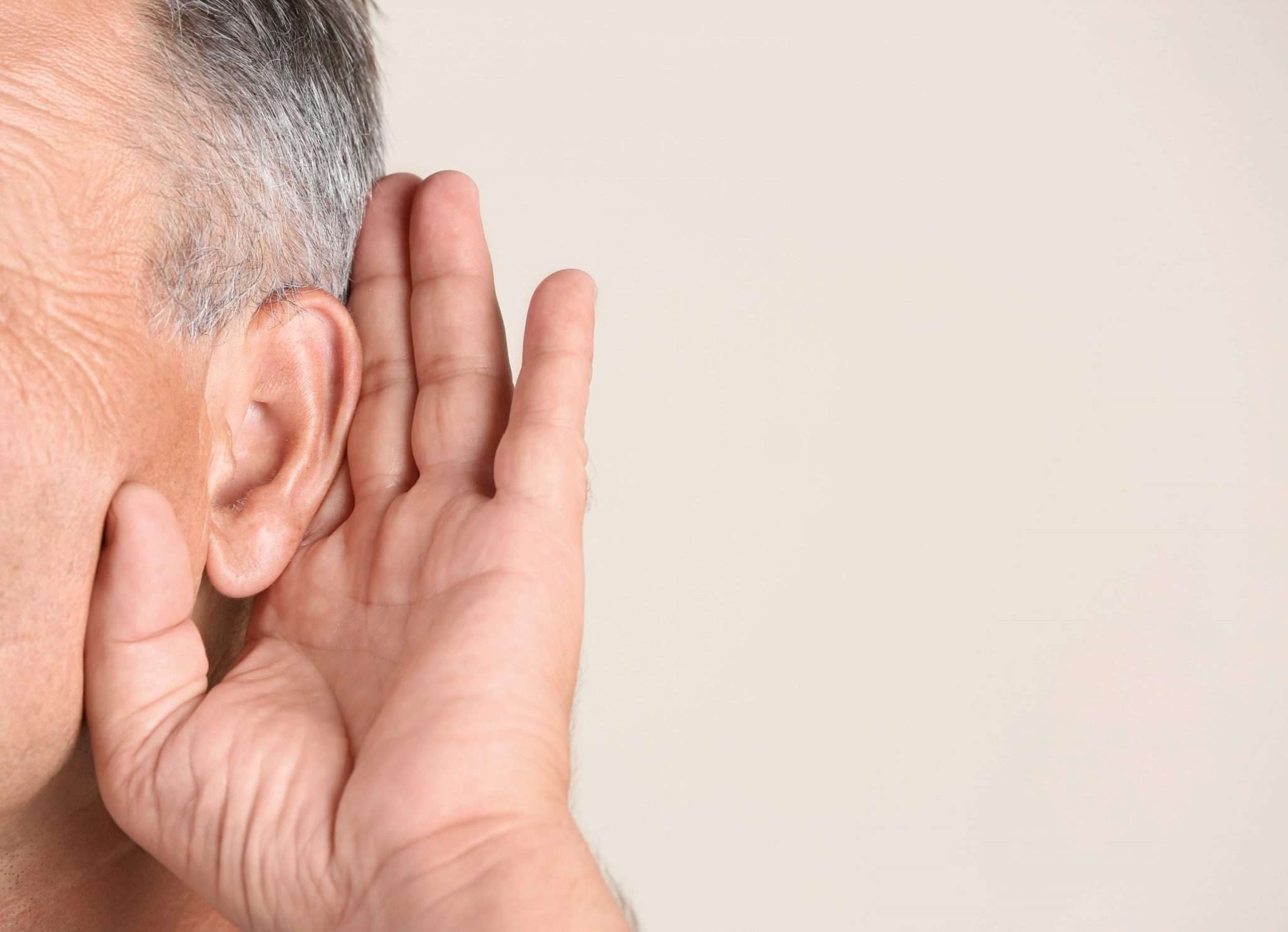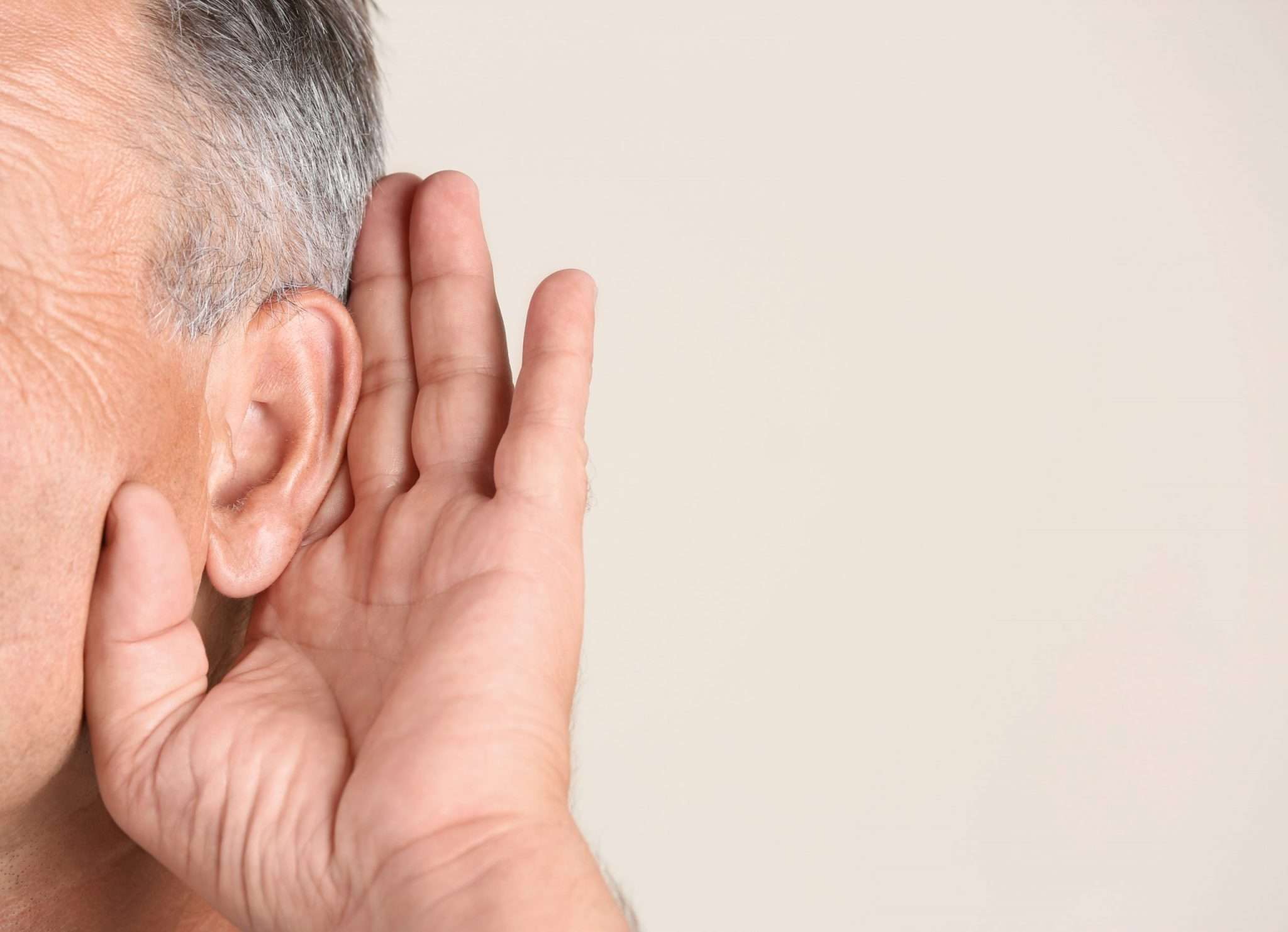 A few decades ago, the idea of programming one's own hearing aid was inconceivable. Because the vast majority of hearing aid users were elderly, the technology was designed to be as simple as possible. Now, however, with hearing impairment on the rise among the young, and as the stigma attached to hearing aids finally fades, many technologically adept pioneers have begun to customize their devices.
A few decades ago, the idea of programming one's own hearing aid was inconceivable. Because the vast majority of hearing aid users were elderly, the technology was designed to be as simple as possible. Now, however, with hearing impairment on the rise among the young, and as the stigma attached to hearing aids finally fades, many technologically adept pioneers have begun to customize their devices.
Making Your Own Hearing Aids with a Personal Touch
Unlike glasses, which either focus at the right depth or don't, hearing aids involve elements of preference. How someone holds their head during conversation, the noise levels in one's neighborhood, occupation, and favorite hobbies may all be taken into consideration. Although information on how to hack a hearing aid is hard to come by, forums, where members show off their accomplishments, are becoming increasingly common.
Making Hearing aids with Wiring and Headsets
Favorite hacks include wiring devices up to Bluetooth headsets and fine-tuning them after owners are dissatisfied with the adjustments their doctors had made. (Although Bluetooth-friendly hearing aids are already on the market, much hope for improvements.) Helga Velroyen, a software engineer from Munich who has been at the forefront of efforts to modify hearing aids, hopes to create more seamless interfaces with other personal devices.
Refurbishing Old Hearing Aids
Martin Ling, an engineer living in Edinburgh, has a more back-to-basics approach: dismantling his partner's old hearing aid and connecting the parts to his computer to monitor sound transmission, he hopes to fully redesign the hardware and focus later on miniaturizing it. Ling speculated that Kickstarter or other crowdfunding websites could help him get hearing aid prototypes on the market when he's done.
Challenging the Hearing Aid Industry
Dr. Kevin Munro, a professor of audiology at the University of Manchester, has expressed skepticism about these home modifications, saying that hearing aid development requires resources individual hackers simply don't possess. However, one recent and promising set of modifications came from engineer Kosta Grammatis of MIT, who previously successfully designed a new prosthetic eye for an artist friend which allows him to film everything he sees. Hearing aid hackers consistently voice the view that if the industry won't develop their devices faster, it's a matter of time before they face private competition. Goals held in these communities include increasing battery life, heightening environmental versatility (so that you could wear the same pair in the pool, to the gym, and to a movie theater), and designing better interfaces for personal devices like laptops and smartphones. How these developments will unfold is still unclear; however, we can be sure that the hearing aid industry will be making unprecedented progress in the next few years,




